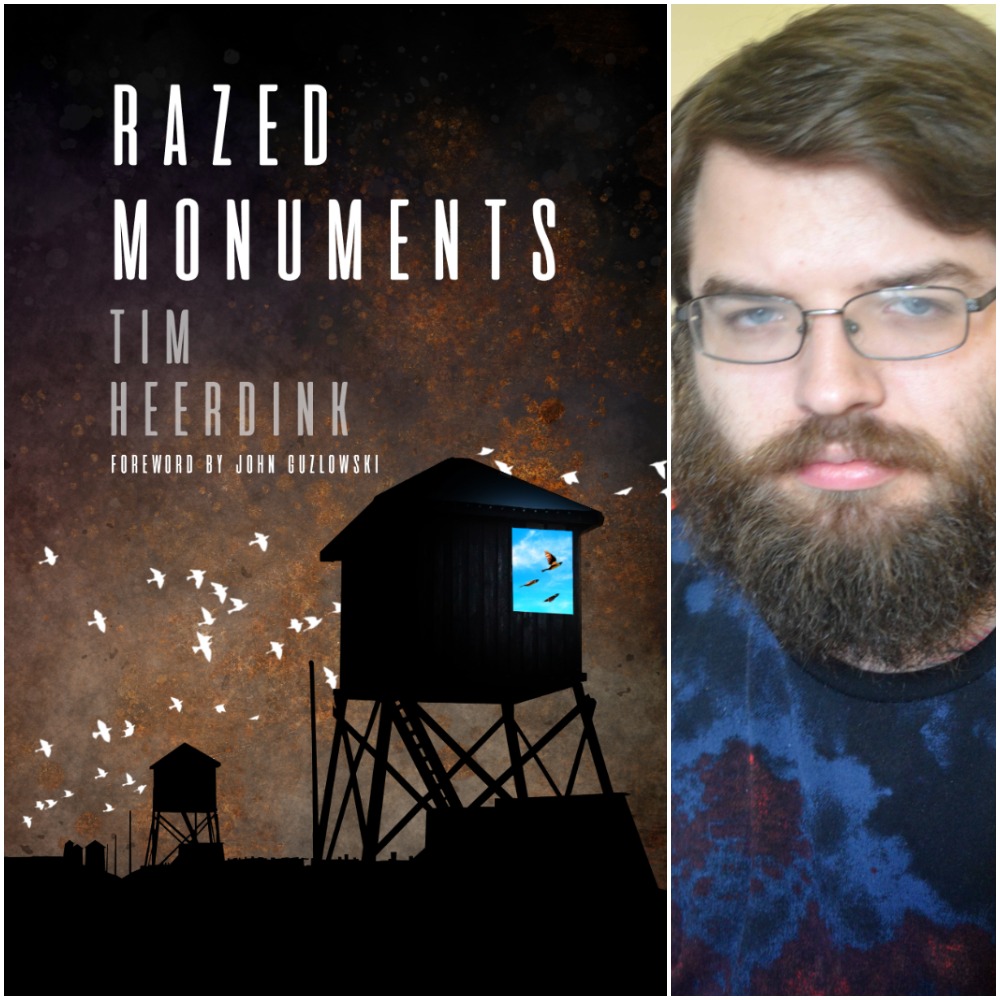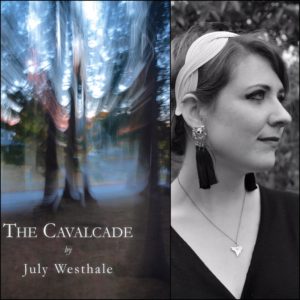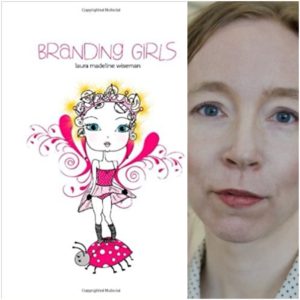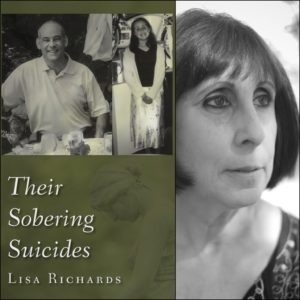Razed Monuments by Tim Heerdink
$14.99
“Razed Monuments is a powerful representation of the Holocaust. It is like a time capsule recorded today in an artistic form to be used by future generations. Well done.”
–Stephen “Pista” Nasser, Holocaust survivor and author of My Brother’s Voice & Journey to Freedom
“On behalf of my mother, I would like to thank Tim Heerdink for keeping my mother’s message, story, and life lessons alive.”
–Alex Kor, son of Eva Mozes Kor
“In “I am Not a Jew,” a reader asks the author, why he cares so much about the Holocaust, to which Heerdink responds, “How can one care so little?” In these ambitious, heartfelt narrative poems, Heerdink gives voice to the voiceless and the personal becomes political. His message is clear. All of history, especially the holocaust can happen again if we let it.”
–Margaret McMullan, author of Where the Angels Lived
Description
Razed Monuments
by Tim Heerdink
$14.99, paper
978-1-64662-378-5
2020
Tim Heerdink is the author of The Human Remains, Red Flag and Other Poems, Razed Monuments, and short stories, The Tithing of Man and HEA-VEN2. His poems appear in Poetry Quarterly, Fish Hook, Flying Island, Auroras and Blossoms, Tanka Journal, and various anthologies. He is President of Midwest Writers Guild of Evansville, Indiana.






Mike Whicker –
This is an important work by one of the best writers and poets around. Through all the heartache of a hellish chapter in human history, Heerdink offers hope. Extremely well written from an expert wordsmith.
Brey Hall (verified owner) –
I love how passionate Heerdink is about the Holocaust. As I stated in my review for his last book, The Human Remains; history has always been tough for me, but Heerdink makes his readers see the emotional side of these historical events rather than just the dry textbook side which makes it all a little easier to connect to.
This collection is especially helpful for someone like me, someone who claims history is not easy for them, because Heerdink takes the extra step to make the connections to present day issues. While I may not agree with everything this poet states in his poems, I do find his connections powerful and thought-worthy.
“Seventh of December” is one of my favorites in this collection, but it also makes me feel kind of guilty. That’s probably the point. “Many desire change for the world / but lack the motivation for action / until conflict hits home / where it hurts … We lie down with our mouths shut / not because a gun is facing our direction / but for the same reason it’s been / throughout our bloody existence. / A prayer that all the bad / shall surely fix itself / and our own responsibility / is not necessary.”
“Toleration” encompasses much of my own frustrations about censorship. I see this all the time in a conservative English classroom. I can’t read certain canonical stories (The Crucible) with teenagers (17-18) because I’m “teaching witchcraft,” according to one parent. I’ve had to come up with alternate assignments for three separate students when reading The Crucible in class. Finding contemporary literature to read with my class that all students will “be comfortable” with is nearly impossible. English classes should be a safe, ideal place to “feel uncomfortable” in this sense because we can teach our students how to deal with that kind of feeling. If we don’t teach our students what to do with that emotion, then Heerdink’s questions could become a scary reality: “If we can’t tolerate feeling / uncomfortable / what will happen / when someone makes us upset? / What if they are / different? / Shall we rid of them as well?”
It is clear that Heerdink doesn’t write these poems because we wants to. He writes them because he feels he has to. He has an important message to share with current and future generations. With this collection, he has done that; now it’s our turn to do something with that message:
“Ending a life / for being / what cannot be changed. / Hate spread through fear, / propaganda’s desired result. / Today is no different / than any page in the book / of our past. / There’s always a target, / a scapegoat.”
“No, I am not a Jew, / but I stand for anyone / who needs a voice / and a hand. / The Holocaust shall never be forgotten. / We must remember / what we’ve done / and stop the forces that be / before it happens again.